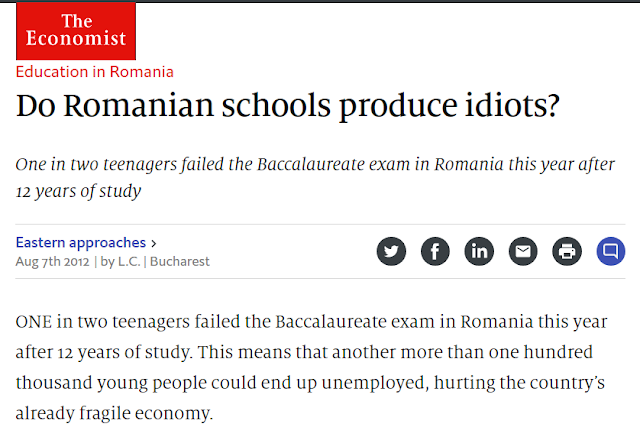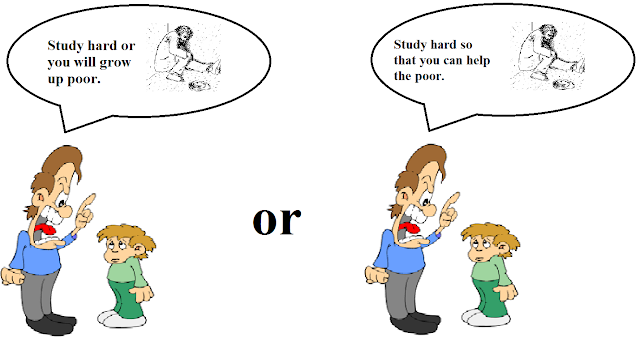School Vouchers: Is It Simply Throwing Money at a Problem Or Stealing Money?

"Throwing money at a problem" is a commonly used phrase for education reforms that do not yield positive results. The Trump administration is a big fan of the voucher system and in its proposed budget, more than a billion dollars will be added to support school choice. This increase comes with an overall decrease of nine billion dollars in the Department of Education's budget. This move comes even after Trump's own Education Department reports on dismal results for the scholarship opportunity program in the District of Columbia. Above copied from Dynarski, M., Rui, N., Webber, A., Gutmann, B. Evaluation of the DC Opportunity Scholarship Program: Impacts After One Year (NCEE 2017-4022). Washington, DC: National Center for Education Evaluation and Regional Assistance, Institute of Education Sciences, U.S. Department of Education. Trump administration's insistence to support school vouchers has earned the following remark from Democratic senator Patty Murray : ...












